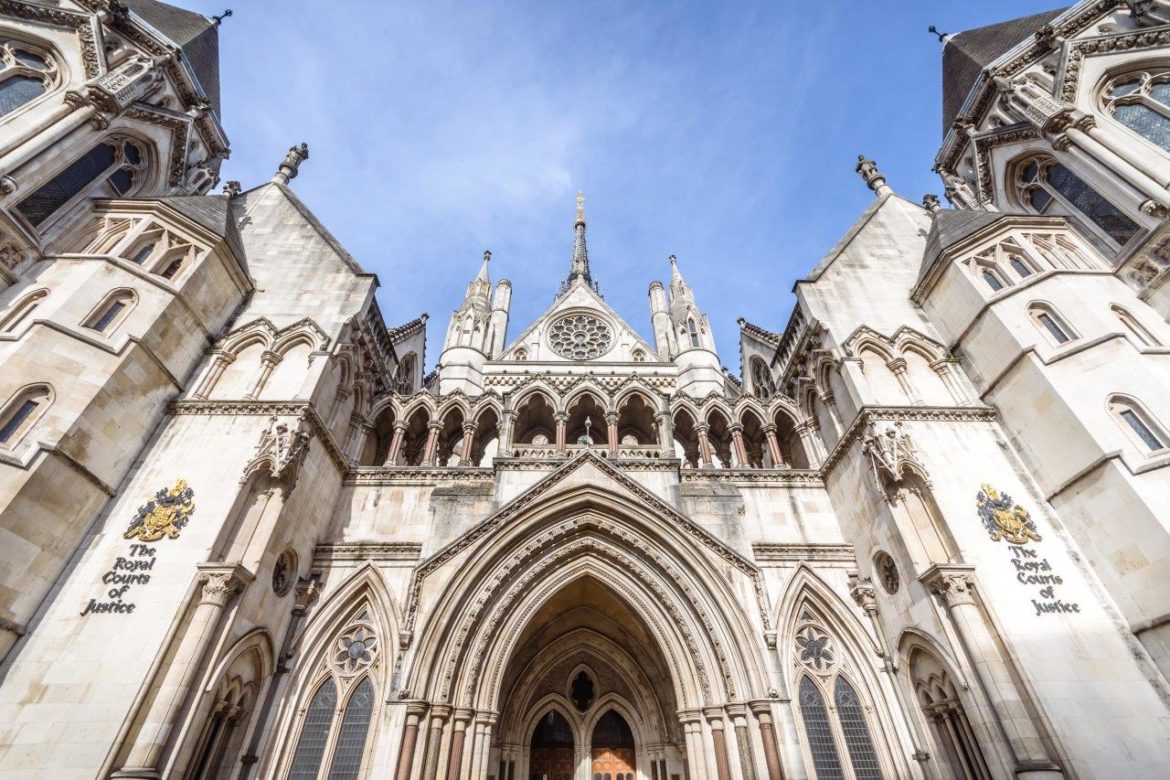Choice of law of arbitration agreement

Background of the case
The case before the Court of Appeal arose out of a dispute between the Turkish Contractor Enka Insaat Ve Sanayi AS (“Enka”) and the Russian insurance company “000 insurance Company Chubb & Ors (“Chubb”) regarding liability for damages related to a fire caused during the construction of a power plant in Russia. The owner of the power plant had recovered damages of approximately US$ 400 million from its insurer Chubb. Chubb held that Enka was liable for the fire and thus also for the damages Chubb had paid to the owner of the power plant. Enka disputed any liability for the fire and therefore also the claim issued by Chubb.
The contract Enka had entered into, which Chubb had become subrogated into following the insurance payment, contained provisions stating that disputes arising out of the contract where to be resolved by ICC arbitration seated in London, in English. Although the contract was expressively governed by Russian law, the contract did not contain provisions expressly choosing the governing law for the arbitration agreement.
In May 2019, Chubb commenced proceedings against Enka and 10 other parties before Russian courts, seeking to reclaim damages relating to the fire. Chubb also held that the arbitration agreement was governed by Russian Law. As a response, Enka issued an Arbitration Claim Form before the Commercial Court of England and Wales, arguing that Chubb was bound by the arbitration agreement and pleaded for the Commercial Court to issue an anti-suit injunction restraining Chubb from continuing the proceedings in Russia. Enka also held that the arbitration agreement was governed by English law. The trial judge of the Commercial Court declined to grant the anti-suit injunction and referred the case to the Russian court to determine the scope and applicability of the arbitration agreement, as well as the choice of law. This ruling was appealed to the Court of Appeal by Enka, and the Court of Appeal was then to rule on the issuance of the anti-suit injunction as well as the governing law of the arbitration agreement.
The decision of the Court of Appeal
Firstly, the Court of Appeal addressed Enka’s submission for an anti-suit injunction. An anti-suit injunction is, in short, a court order restraining parties from lodging claims to other courts than the court holding jurisdiction in the case, and is particularity relevant when the parties have agreed to resolve disputes through arbitration at a designated seat.
On this issue, the Court of Appeal held that jurisdiction to grant an anti-suit injunction is a key to enforce and give effect to the arbitration agreement, and that the Court of the Appeal held the necessary jurisdiction to grant the injunction. Consequently, the Court of Appeal maintained that filing the claim before Russian courts was a breach of the arbitration agreement and thus allowed the appeal from Enka.
Secondly, the Court of Appeal addressed the choice of law in the Arbitration Agreement. The Court of Appeal approached this issue through a 3-stage test, arguing that in the absence of an express choice of law between the parties, the parties will be presumed to implicitly have agreed for the arbitration to be governed by the rules of the country where the seat of the arbitration is. In this case, the parties had chosen London as the seat of arbitration. As there were no strong reasons in the case to suggest otherwise, the Court of Appeal held that the parties implicitly had agreed that the arbitration agreement would be governed by English law.
Observations:
Section 43 and 46 of the Norwegian Arbitration Act presuppose that the parties can agree on governing law of the arbitration clause. If the agreement contains provisions on this with reasonable clarity, the choice of law for the arbitration agreement will follow directly from the agreement and is unlikely to cause disagreements. This mirrors the approach taken by the Court of Appeal.
Therefore, as pointed out in our previous newsletter, we generally recommend that all agreements containing arbitration clauses should strive to expressively govern the choice of law for the arbitration clause. This is particularly relevant if the choice of law for the contract differs from the designated seat of the arbitration, but should for the avoidance of doubt also be addressed where the choice of law of the contract and designated seat of the arbitration are the same.
